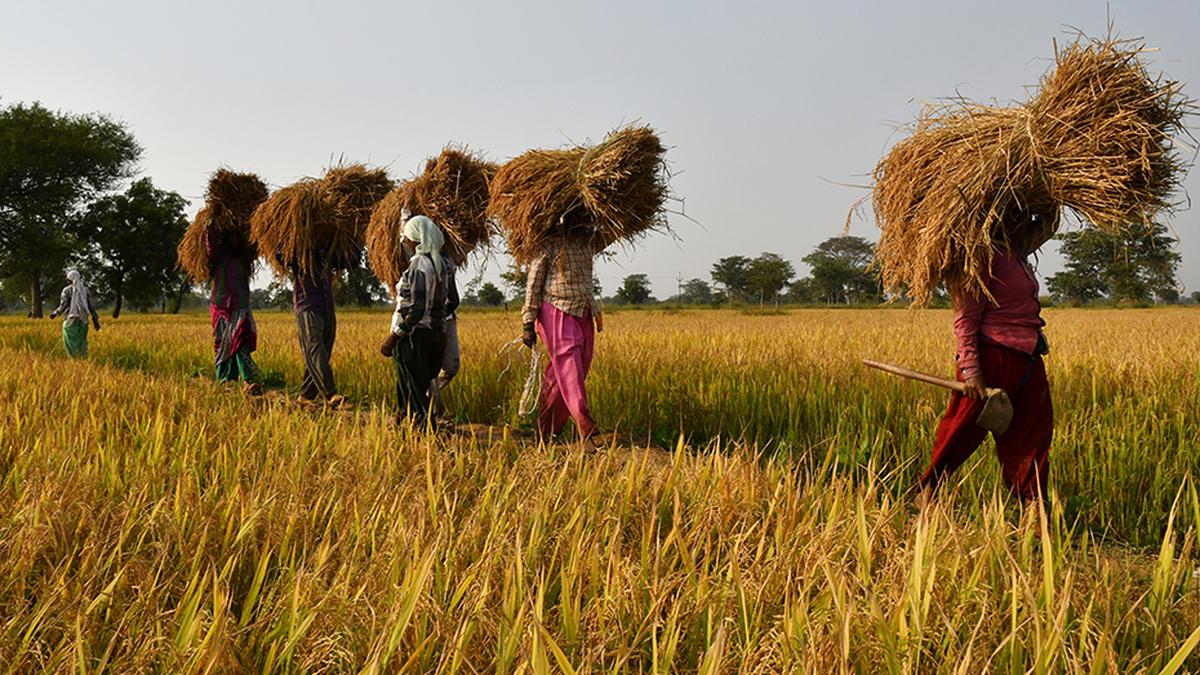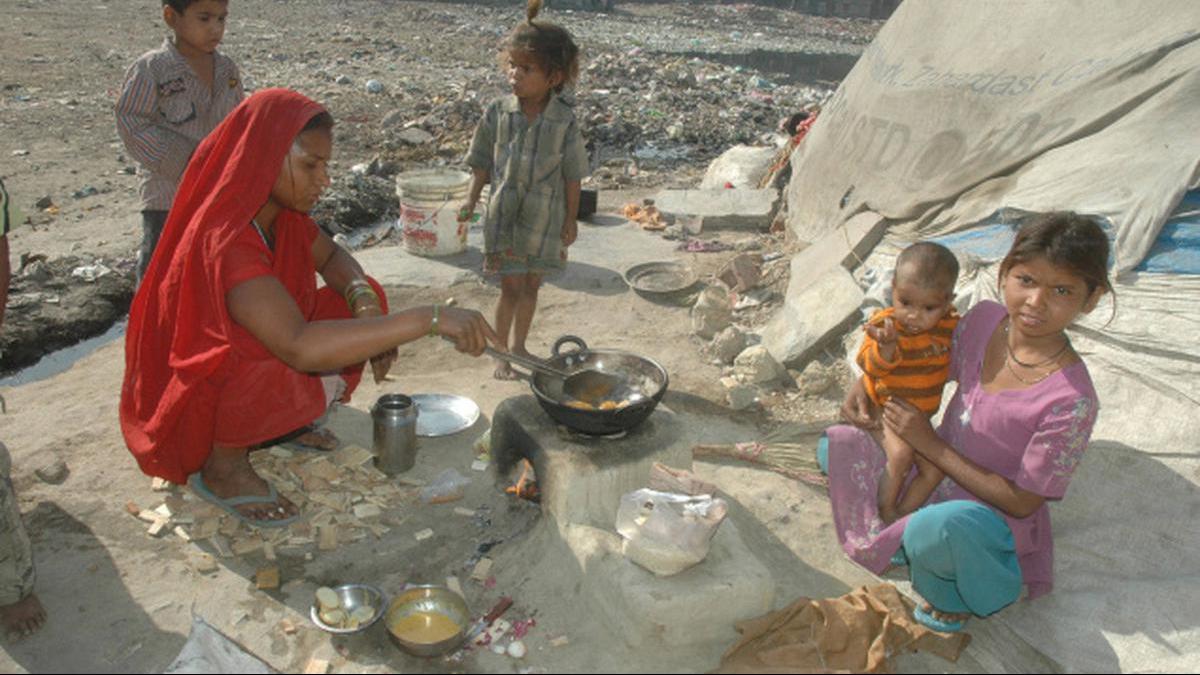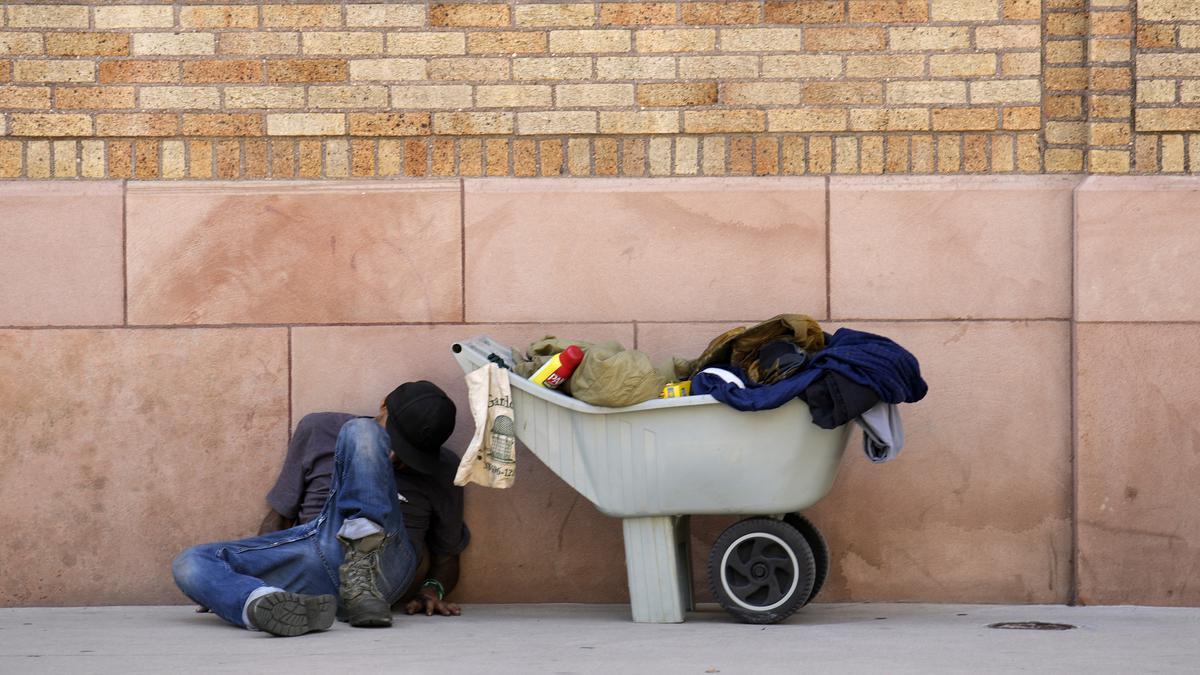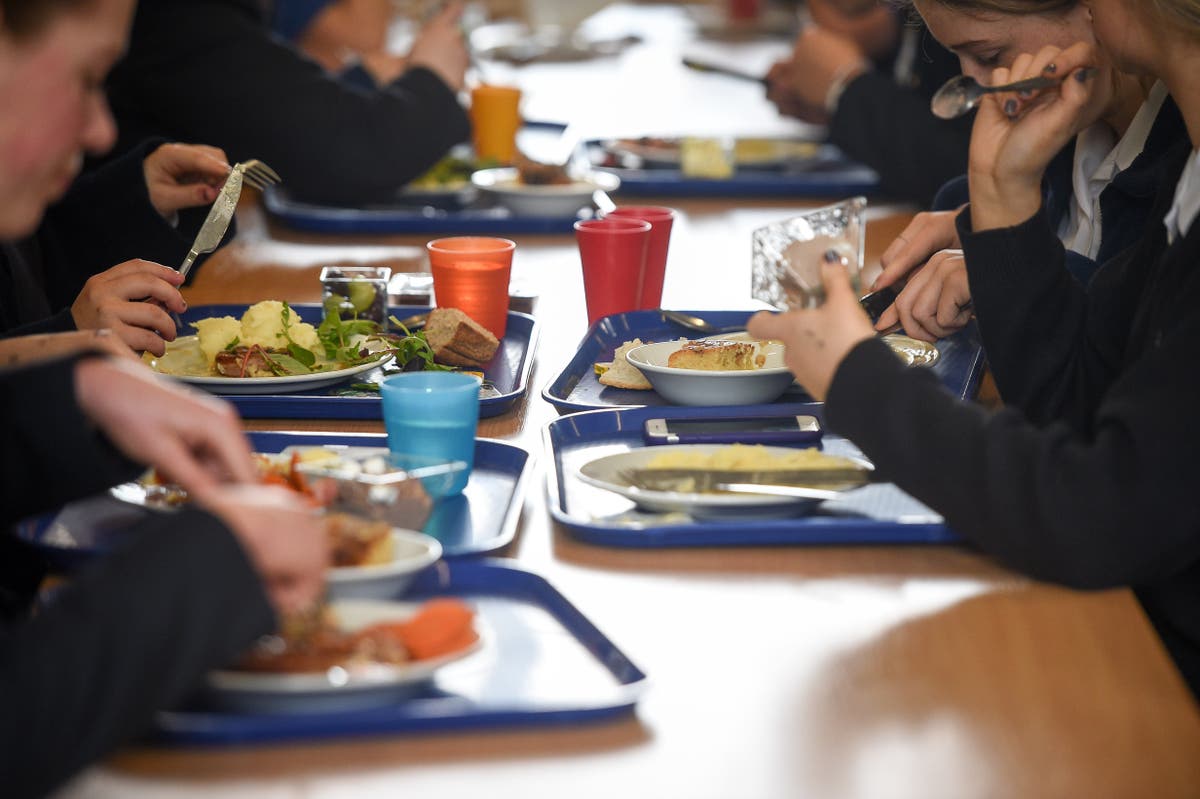Low income Australians are paying a 'poverty premium' for basic services, Anglicare says
ABCLow income households face higher living costs than other families because they are financially penalised for being unable to buy groceries in bulk, pay costs annually instead of monthly, or upgrade to a more fuel-efficient car. Key points: Anglicare says low income households often pay a "poverty premium" for basic goods and services. Poverty premiums can be found everywhere in the economy, and they keep people trapped in financial hardship Anglicare has asked governments to recognise the problem and use their power to help people Anglicare Australia says those financial penalties accumulate and see low income households paying more for the same basic essentials over time, which pushes them even further behind. The researchers say examples of the "poverty premium" include people on low incomes spending: 93 per cent more on groceries 20 per cent more on energy 23 per cent more on public transport 45 per cent more on credit and loans 10 per cent more on fuel for less efficient cars 61 per cent more on insurance, and; 142 per cent more on phone data "We note these are not the only areas where the poverty premium can arise," the paper says. "The market repeatedly fails to deliver for people on low incomes, and the poverty premium is the result," it says.
History of this topic
One in five Australian renters are living without essential items and in poverty, peak body study finds
ABCDiscover Related
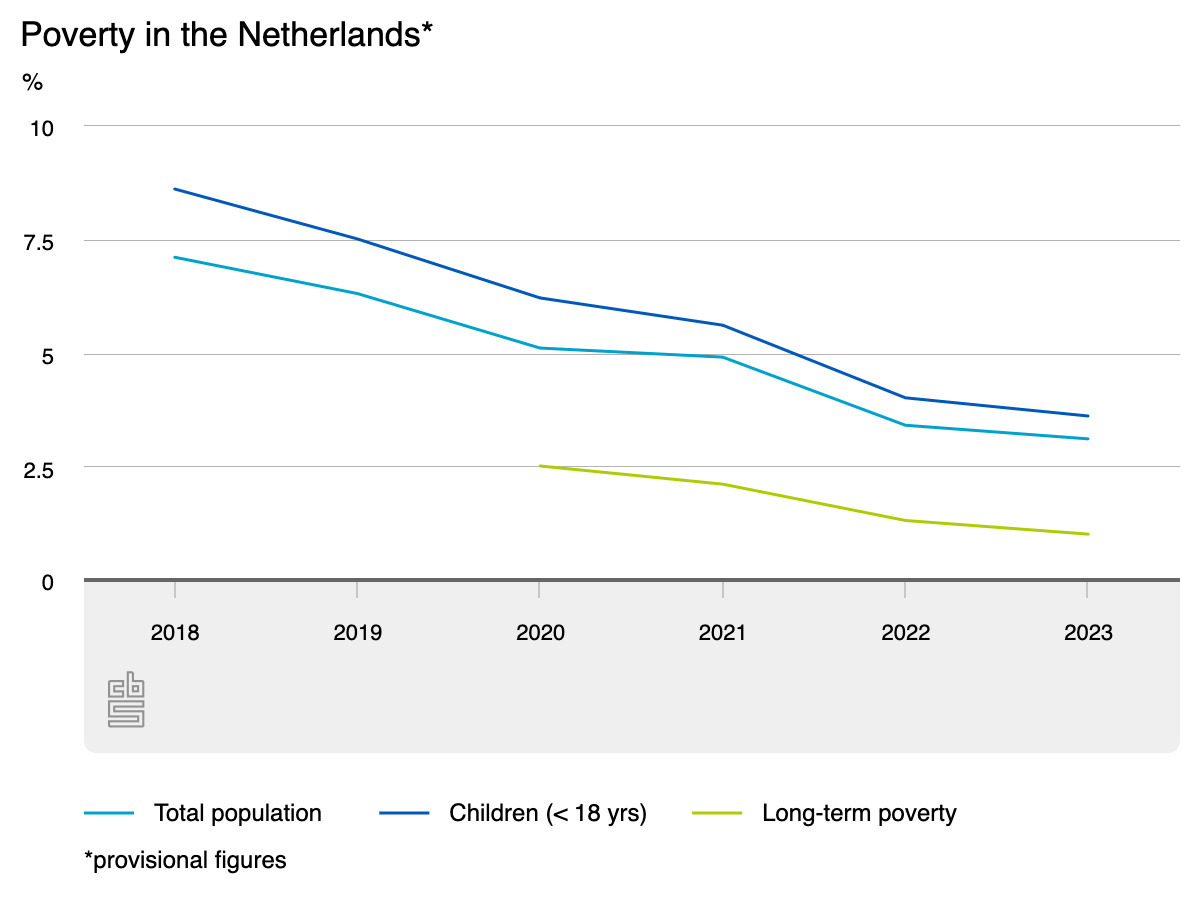






)
